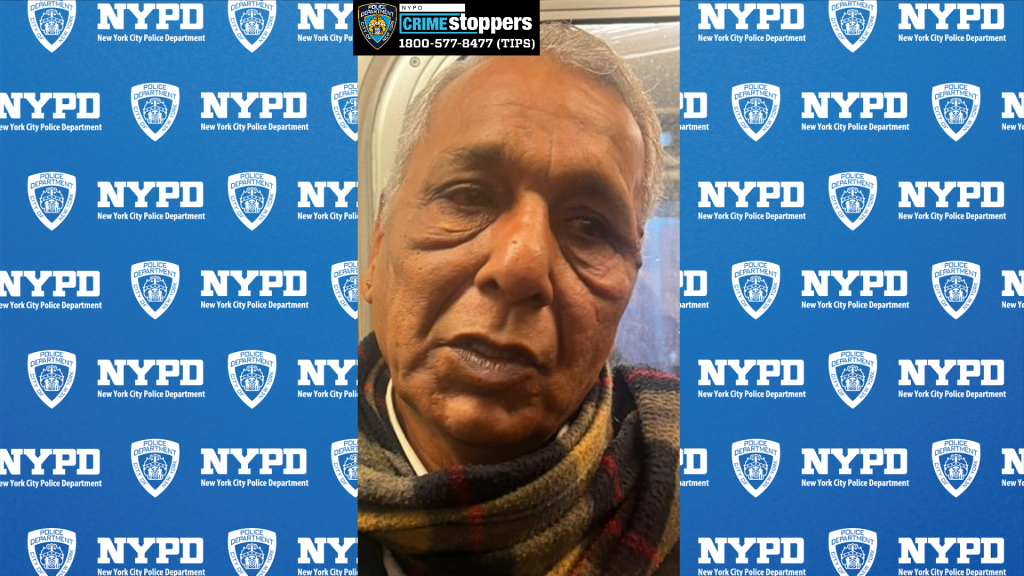In the wake of nursing home deaths across the city and country, state Assemblyman Ron Kim is introducing a new legislation that would establish requirements for residential healthcare facilities during a state disaster emergency involving a disease outbreak.
Kim announced the bill, A10350, on April 29, following the discovery of at least 29 deaths due to COVID-19 at the Sapphire Center for Rehabilitation and Nursing of Central Queens in Flushing.
The state assemblyman exposed and confronted the city and state on the matter, after meeting with a constituent who was unable to visit her 77-year-old mother at the facility.
Though the legislation may not bring back the countless New Yorkers who died preventable deaths, Kim said, it is the bare minimum they can and must do to prevent future tragedies.
“Our community continues to reel from anger and disbelief at the negligence and disregard shown on this issue, and the irreparable harm done to nursing home residents in our community, throughout New York and across America,” Kim said. “The next COVID-19 wave may hit us even with a stronger force, and we must do everything now to protect the lives of the most vulnerable members of our society.”
Kim’s legislation mandates that such facilities take the following steps:
- Maintain adequate personal protective equipment (PPE) and daily record-keeping of their usage
- Give timely and consistent communication with residents and their loved ones about any suspected or confirmed infections
- Inform residents of alternative care options, such as home care, that they may pursue; if they opt for such alternatives, the Department of Health will allocate the appropriations needed to secure them
- Ensure residents and loved ones can communicate at least three times daily
- To transfer, with DOH support, any COVID-19 patients and find alternative options for those residents and their family members
- Daily screening of nursing home staff
Furthermore, the bill requires all facilities to provide detailed daily reports to the state and local health departments on potential disease spread on their premises. For any mismanaged facilities, the State Department of Health Commissioner would also have the authority to appoint temporary operators, who would assume operational control and responsibility.
Senator Andrew Gounardes (D-Brooklyn), a sponsor of the bill, said it would guarantee that the Department of Health maintains transparency, communication and safety measures so families know their loved ones are safe.
“You can evaluate a society by how we treat our most vulnerable members, and by that standard, this was a terrible failure. We must do better,” Gounardes said.
For Livia Machin, it was a nightmare trying to find out the status of her 83-year-old father, Alfredo Munoz, who lived at the Sapphire Center for Rehabilitation and Nursing in Flushing for the past three years.
According to Machin, after March 11, she was given the runaround when she’d call the nursing home. Eventually, she was able to see her father three times a week via video call.
“He was in decent health sitting in a wheelchair trying to talk to me. He has dementia and that was on April 8,” Machin said. “On April 11, after 10 trials of trying to reach someone, I was told that my father was on his deathbed — his blood pressure went down and he was on oxygen. They told me to prepare myself.”
In a state of shock, Machin said she couldn’t understand why she didn’t receive a phone call from the nursing home about her father’s illness.
“I told them I wanted him to get tested, and they didn’t tell me exactly what they had. I wasn’t getting any answers. I still don’t know if he had the virus or not, and I just had to deal with it, and accept the fact that he’s gone,” Machin said.
Machin is still trying to get her father’s death certificate corrected, which presumes he had the virus a day before his death, she said.
“My father was the type of person who watched over everybody in the nursing home until he started losing his speech. He was very well loved — he knew everybody from the maintenance men to the highest nurse,” Machin said. Now, he’s gone and all I can do is speak for him and get this bill passed to save other people’s lives.”
According to Beth Finkel, AARP New York state director, nursing homes and adult care facilities are the new front in the war against COVID-19. Older adults and others with underlying medical conditions who live in nursing homes and other adult care facilities are the New Yorkers at the highest risk of death from COVID-19.
“We need to ensure that employees of adult care facilities have the personal protective equipment and testing they need to keep them and those for whom they care as safe as possible,” Finkel said. “The state mobilized impressively to ensure hospitals had the resources they needed to care for patients at the onset of the pandemic; residents and workers in nursing homes and other adult care facilities deserve the same.”





































